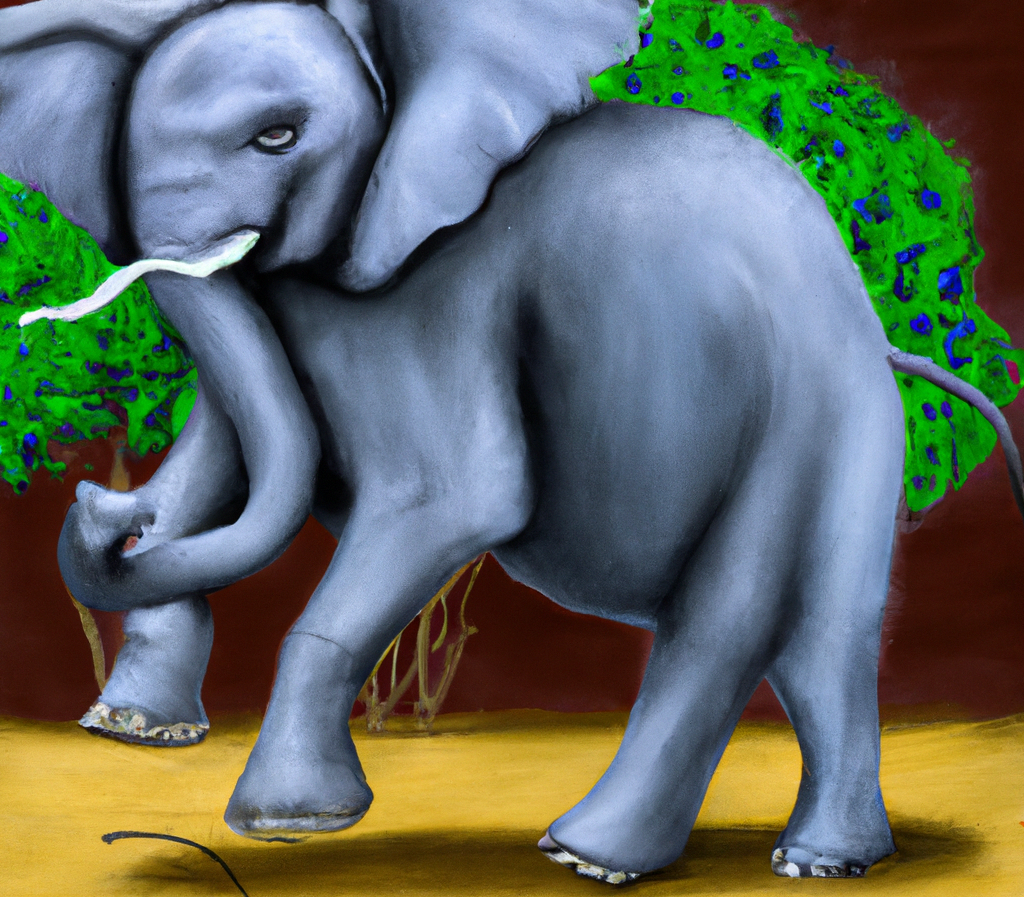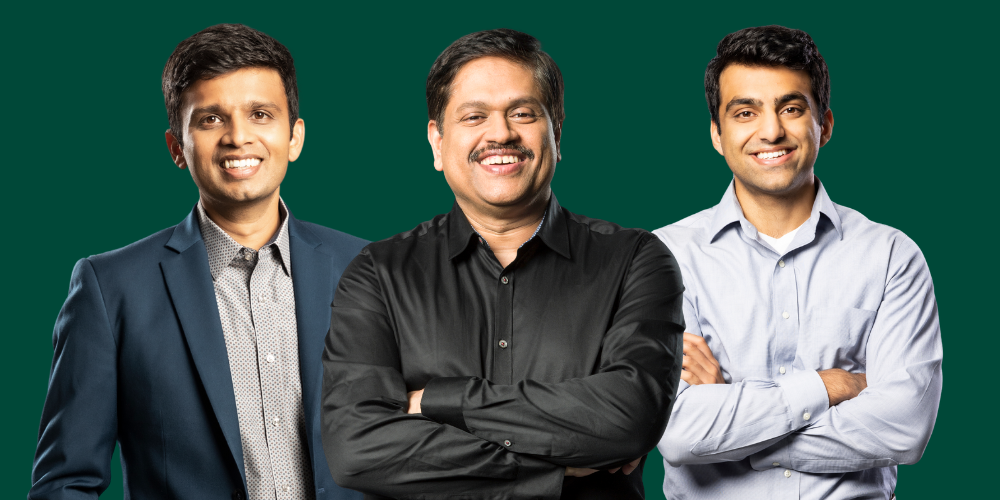
Today Microsoft made some highly anticipated announcements that put the tech industry on notice. Under CEO Satya Nadella, the company has been making significant strides to regain the innovative spirit it was known for in the early years. Microsoft has gained a commanding position when it comes to enterprise success with Windows, Office, and Azure. And earlier this month, the company announced the Azure OpenAI service that brought large language models to enterprises, further strengthening that lead. But today’s announcements are all about Microsoft’s big move into the consumer market.
Microsoft’s partnership with OpenAI and integration of ChatGPT and GPT-3.5-like technology into Bing means that most consumers will first experience the magic of generative AI through a Microsoft product. Not a Google search interface. Who would have guessed that in 2023, Microsoft would be making the search elephant, Google, dance? Even just a few months ago, nobody could have predicted that Microsoft would put Google in a defensive, back-foot position on search, yet that’s precisely what happened.
This is a monumental moment for Microsoft after years of trying to make inroads into the consumer services space, starting with its MSN business and then an attempt to acquire Yahoo back in 2008. Despite these attempts, Google continues to dominate search with over 90%+ market share. One could argue that Microsoft successfully brought Xbox to consumers, but the gaming market, though large, is very insular. Today’s announcement gives Microsoft a first-mover advantage — a moment that presents them the opportunity to challenge Google in a meaningful way, with the OpenAI integration being the competitive moat.
So, what’s happening? On Tuesday, Microsoft had a surprise event to announce it is reinventing search with a new AI-powered Bing and Edge browser that brings together search, browsing, and chat. The expanded chat box can answer more than just factual questions — it can create a travel itinerary when a family wants to plan a vacation, for example. This was released as a limited preview Tuesday, and the full version will be available to everyone in the coming weeks. A mobile version is also on the roadmap. Google announced Monday it will begin testing its ChatGPT rival, Bard.
“AI will fundamentally change every software category, starting with the largest category of all – search,” Microsoft CEO Satya Nadella said in a press release about the announcement. “Today, we’re launching Bing and Edge powered by AI copilot and chat to help people get more from search and the web.”

All this was made possible because of Satya’s vision to partner and invest in OpenAI in 2019. At Madrona, we have more than 50 years of collective Microsoft experience among our investors, and it is exciting to see the innovative moves the company is making. Soma worked in Cloud and Enterprise, running the Developer Division, and Aseem worked on Azure and OS, including teams that led to the investment into OpenAI. Palak’s team worked directly with foundation models that came out of the OpenAI partnership. Who would have guessed that just five years later, Microsoft would be in a position to push Google into reacting in what has been its core space — search? It is hard to remember the last time Microsoft was in a position like this. This could be the real Pepsi challenge moment for Microsoft and search.
We believe that Microsoft is singularly focused on deeply integrating this kind of technology into the business and information worker applications that already have millions of users and that they will reimagine what Office365 could be.
Since the 2019 investment, Microsoft has doubled down on its OpenAI partnership, investing billions more into the startup. It also announced GitHub Copilot last year and ChatGPT in November. But until today, Microsoft has been very quiet about how they would implement and commercialize these new technologies within Microsoft. Microsoft says reinventing search with AI is the culmination of four technical breakthroughs, which you can go through here.
We believe this will be a staggering experience for consumers and enterprises alike and that it will start to have massive impacts on people’s daily lives. But this is just the first step of realizing Microsoft’s vision to build and provide customers with best-in-class tech and productivity experiences across the cloud, browser, and devices. We believe that Microsoft is singularly focused on deeply integrating this kind of technology into the business and information worker applications that already have millions of users and that they will reimagine what Office365 could be. Think of Word with some of these capabilities, PowerPoint slides that find the right image, or create it for you. Additionally, enterprise search has been elusive for years. With Microsoft’s installed base, the company has the opportunity to build something meaningful.
The generative AI space is moving at the speed of light, and today’s move by Microsoft will further accelerate the wave of innovation amongst startups that will leverage the OpenAI technology to bring never-before-imagined experiences to life, starting with the largest category — search. We at Madrona are excited about this opportunity and look forward to partnering with entrepreneurs leading this change.